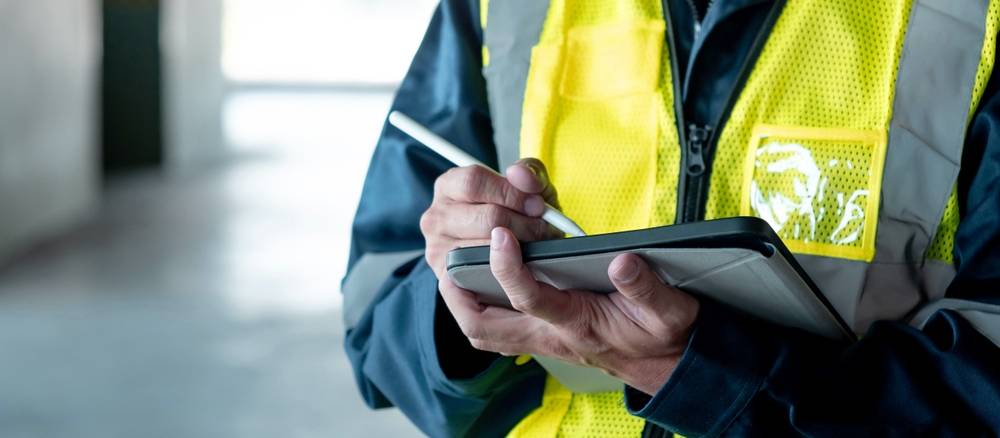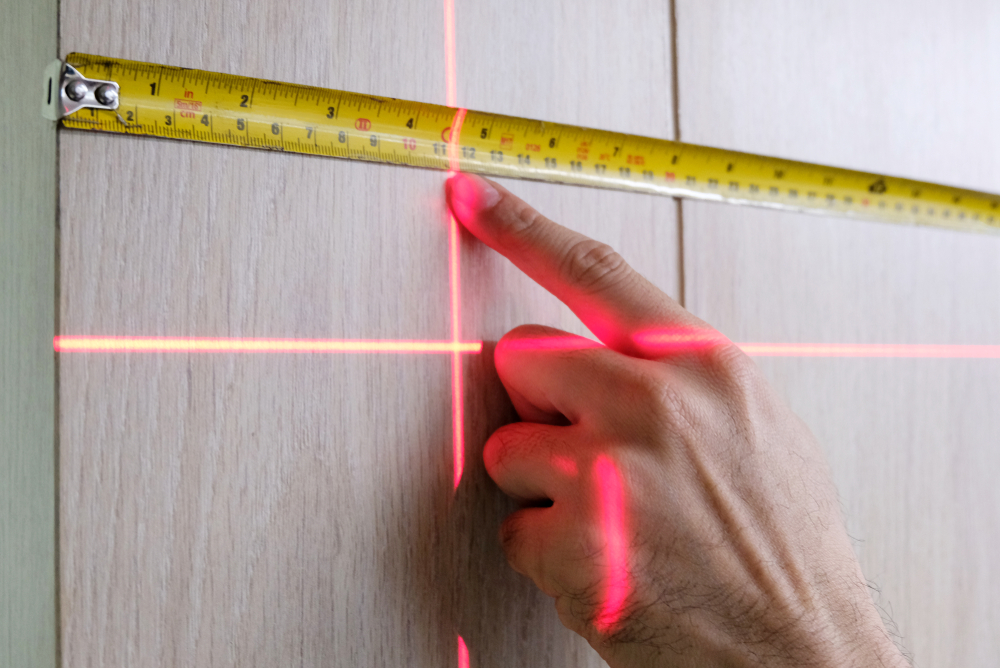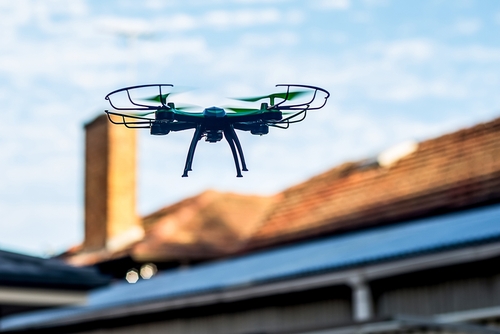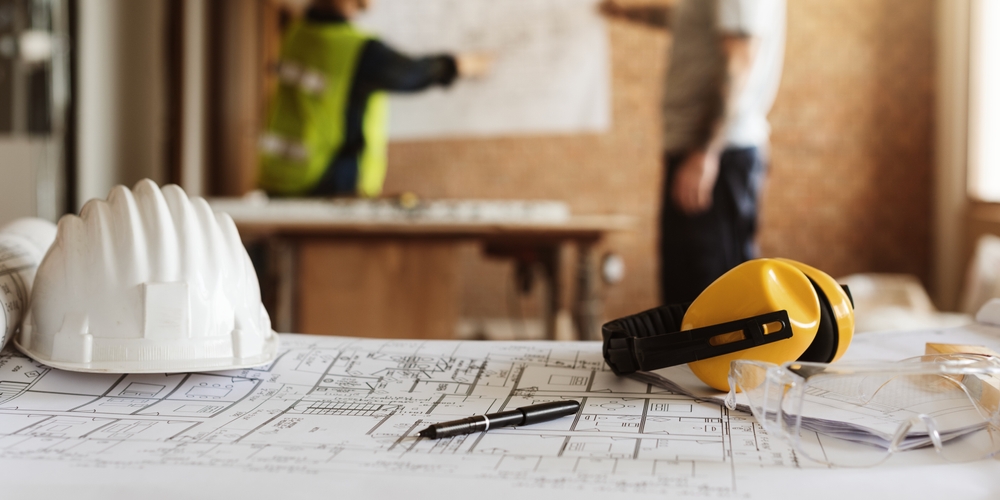Services
We offer a comprehensive range of specialist surveying services to support both residential and commercial clients across the UK.
We offer a comprehensive range of specialist surveying services to support both residential and commercial clients across the UK.

Since 2015, Optimal Facilities Management has built a reputation for delivering detailed, accurate, and dependable surveying services for clients ranging from homeowners to councils and commercial surveyors.
Whether it's a minor investigation or a large-scale project, we approach each job with the same care and professionalism.
We are proudly registered with TrustMark and ECMK, ensuring our work meets industry-recognised standards of quality, safety, and compliance. When you choose OFM, you're choosing certified experts with a commitment to excellence and integrity.
Get a quote
Explore our specialist surveying services below to see how we can assist with your project or property needs.
Thermal surveys are a valuable, non-invasive diagnostic tool used to detect hidden issues within buildings and systems.
Thermal surveys are a non-invasive method of identifying and measuring temperature variations across surfaces. They allow hidden issues to be visualised quickly and accurately, using infrared imaging technology.
Thermal imaging has a wide range of applications beyond the familiar scenes of police footage. In a property or facilities management context, it can be used for:
Thermal imaging can reveal a variety of hidden building issues such as missing or damaged insulation, water ingress, delaminated render, and draughts. These insights help inform effective repairs and improve building efficiency.
We use thermal cameras to assess the performance of underfloor heating systems. This includes detecting leaks, verifying even heat distribution, and accurately mapping the pipe layout onto scaled plans - without disturbing your flooring.
Thermal surveys play a key role in monitoring electrical systems. By identifying hotspots or irregularities early, we help reduce the risk of failure and unplanned downtime.
Our thermal cameras can be mounted to drones for large-scale or hard-to-access areas. Operated by CAA-certified pilots, this method is ideal for surveying roofs, elevated structures, and remote locations safely and efficiently.

Electronic Leak Detection (ELD) allows us to identify hidden leaks in flat roofs and other building surfaces with precision and without disruption. Below is more detail about how the process works and why regular surveys are recommended:
Electronic Leak Detection (ELD) is a non-invasive method used to locate breaches in a building's waterproof envelope - such as flat roofs or membranes - without causing damage.
Using advanced equipment, our trained surveyors can identify even the smallest penetrations, including pinhole-sized defects that are invisible to the eye.
Water ingress is a common cause of costly damage in buildings, often resulting from undetected faults in flat roof coverings.
ELD enables us to trace these faults quickly and accurately, allowing for precise repairs before moisture penetrates insulation layers or leads to structural issues.
Every penetration is clearly marked for efficient remedial work, helping to extend the life of your roof and avoid large-scale repairs.
To protect your property and maintain your flat roof in optimal condition, we recommend carrying out an ELD survey annually.
Routine checks can prevent undetected water ingress, reduce maintenance costs, and prolong the lifespan of your roofing system.

Energy Performance Certificates (EPCs) are essential for property transactions, and our qualified team is equipped to carry out surveys for both commercial and domestic buildings. Learn more about what an EPC is and why it matters below:
An Energy Performance Certificate (EPC) provides a rating of a property's energy efficiency, helping owners, tenants, and buyers understand how energy-efficient the building is and where improvements can be made.
The certificate includes an efficiency grade from A (most efficient) to G (least efficient), along with recommendations for reducing energy consumption.
Since April 2018, it has been a legal requirement for any property being sold, leased, or rented to hold a valid EPC with a rating of E or above.
Properties without a compliant certificate are considered unfit for transaction until suitable improvements are made. Having an up-to-date EPC ensures you meet legal standards and provides reassurance to prospective buyers or tenants.
At OFM, our experienced surveyors are fully accredited to carry out EPC surveys on both domestic and commercial properties.
Whether you're a homeowner preparing to sell or a landlord needing certification for multiple units, we can deliver accurate, reliable assessments in line with current regulations.
If you're a domestic customer, please click here to view our EPC checklist and prepare for your survey.

Our measured surveys provide precise, RICS-standard drawings that form the foundation for design, planning, and construction work. Learn more about what they include and how they can support your project:
A measured survey involves the detailed and accurate measurement of a building's structure and features.
Using professional surveying equipment, we collect all essential spatial data and create precise digital drawings that reflect the property’s architectural and structural layout.
Measured surveys provide accurate plans that can be used for a wide range of applications - from planning permission and building regulations to interior design and service layouts.
They ensure that all future work is based on reliable, to-scale information, saving time and avoiding costly errors during construction or renovation.
All drawings are produced to RICS (Royal Institution of Chartered Surveyors) standards, ensuring consistency, quality, and professional accuracy.

Our immersive 3D virtual tours let you explore a property or facility anytime, anywhere - increasing engagement, saving time, and enhancing decision-making.
A 3D virtual tour is a fully interactive, digital replica of a property that allows users to navigate and explore the interior space as if they were physically there.
Much like Google Street View, users can move through the environment at their own pace - except these tours are focused on the *inside* of buildings, not just the exterior.
3D virtual tours are a powerful tool for businesses and property owners, offering a range of commercial and operational benefits.
Whether used to boost bookings, attract buyers, or manage large facilities, they can increase visibility, reduce time on the market, and streamline workflows. Some key use cases include:
Virtual tours act as a 24/7 open house. Properties with a 3D tour spend up to 31% less time on the market. They allow prospective buyers to explore the property on their own terms, leading to greater interest and more qualified enquiries. Estate agents can save time and reduce unnecessary in-person viewings.
Guests can virtually walk through accommodation or venues before booking, offering transparency and building trust. Studies show that 18–34 year olds are 130% more likely to book a stay or experience when a 3D tour is available, increasing occupancy and conversion rates.
Virtual tours allow for accurate, up-to-date digital records of properties, helping with maintenance, planning, and documentation. You can capture floor plans, inventory equipment, and assess site conditions - all without setting foot on-site. This improves efficiency and reduces errors in communication.

U-value surveys help determine how well your building retains heat - essential for improving thermal efficiency, reducing energy costs, and meeting compliance standards. Here's how they work and why they matter:
A U-value (or thermal transmittance) measures how quickly heat transfers through a building element - such as a wall, roof, or floor.
It’s expressed in watts per square metre per degree Kelvin (W/m²K), and the lower the U-value, the better the material is at insulating. U-values are a key metric in assessing thermal performance and meeting building regulations.
A U-value survey is a non-invasive method used to measure the actual thermal performance of a building component in its existing condition (in situ).
Unlike theoretical calculations, this survey provides real-world data by measuring temperature differences and heat transfer directly on-site.
U-value surveys are essential for assessing energy efficiency, identifying insulation issues, and verifying whether a structure meets building standards. They are commonly used in a range of building assessments, including:

Drone surveys provide a fast, safe, and highly detailed view of hard-to-reach areas - ideal for inspecting roofs, large sites, or elevated structures without the need for scaffolding or ladders.
A drone survey is a visual inspection carried out using aerial drones equipped with high-resolution cameras. This method allows surveyors to collect data from above, offering perspectives that are difficult, dangerous, or time-consuming to access using traditional techniques.
Drone surveys provide a detailed and efficient overview of a property or site while significantly reducing the risks associated with working at height. They are ideal for:
By combining safety with accuracy, drone surveys are a smart choice for both residential and commercial projects.

If you have any queries or specific requests, please don't hesitate to get in touch.
Most of our business comes from repeat customers, referrals, and word-of-mouth recommendations, and it's not hard to see why. Here's some reasons why you might want to consider us:

Contact us to discuss your requirements - we’re happy to advise on the best approach for your project, large or small.